What We Learned in 2024
What We Learned in 2024
We uncovered mysteries of the past, discovered answers to modern problems, and had breakthroughs that point to an exciting future.
Research that impacts our lives
Harvard researchers found answers to questions that affect people around the world.
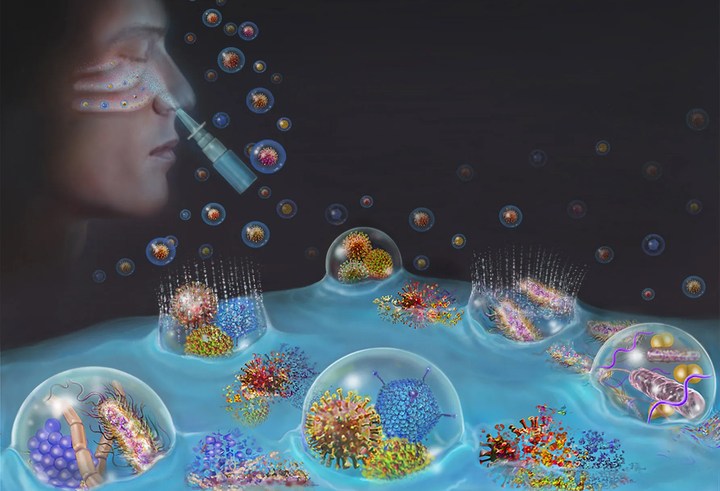
- Health
How does a new drug-free nasal spray neutralize viruses and bacteria?
How does a new drug-free nasal spray neutralize viruses and bacteria?- Aging
How does diet and lifestyle affect Alzheimer’s?

Award winners in our community
This year we learned about and celebrated the award winning work of so many people from our University.
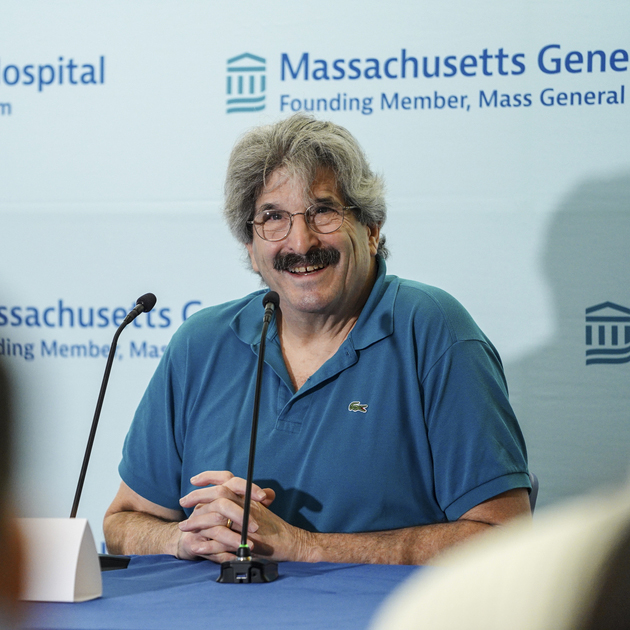
-
The Nobel Prize
in physiology or medicine was awarded to Gary Ruvkun, a professor of genetics at Harvard Medical School and a Massachusetts General Hospital researcher.
-
13 Olympic medals
won by Harvard athletes at the 2024 Paris games, a new school record for most Olympic medals won in a year.
-
8 Rhodes Scholars
from Harvard, representing four countries and several U.S. states, will continue their academic pursuits at the University of Oxford next year.
-
NAACP’s Spingarn Medal
was awarded to Henry Louis Gates Jr., professor and director of the Hutchins Center for African & African American Research.
-
The Brain Prize
was awarded to Haim Sompolinsky, a professor in residence in Harvard’s Department of Molecular and Cellular Biology and Department of Physics.
-
3 Marshall Scholars
from Harvard, will take their passions for journalism, health equity, and education equity to the United Kingdom.
Breakthroughs that further our knowledge
Researchers have developed a treatment to reverse hair loss caused by the autoimmune disease alopecia areata.
The risk of developing Parkinson’s was 76% higher among people with damage to the lining of their upper gastrointestinal tract.
A gene therapy approach has given five children who were born deaf the ability to hear. The method, which overcomes a roadblock presented by large genes, may be useful in other treatments.
Astronomers discovered that the Radcliffe Wave not only looks like a wave, but also moves like one.
A trial provided promising results for treating an aggressive form of oral precancer with immune checkpoint therapy.
A report from the Center for Digital Thriving on student burnout identifies pressures that students feel and ways to alleviate them.
A paper, co-authored by economist and Nobel laureate Claudia Goldin, on a World War II-era act used to support working mothers reveals what can be done with political will.
A fresh look at the past
The history of our planet may sometimes feel set in stone, but researchers are constantly refining and illuminating exactly how we got to this moment.
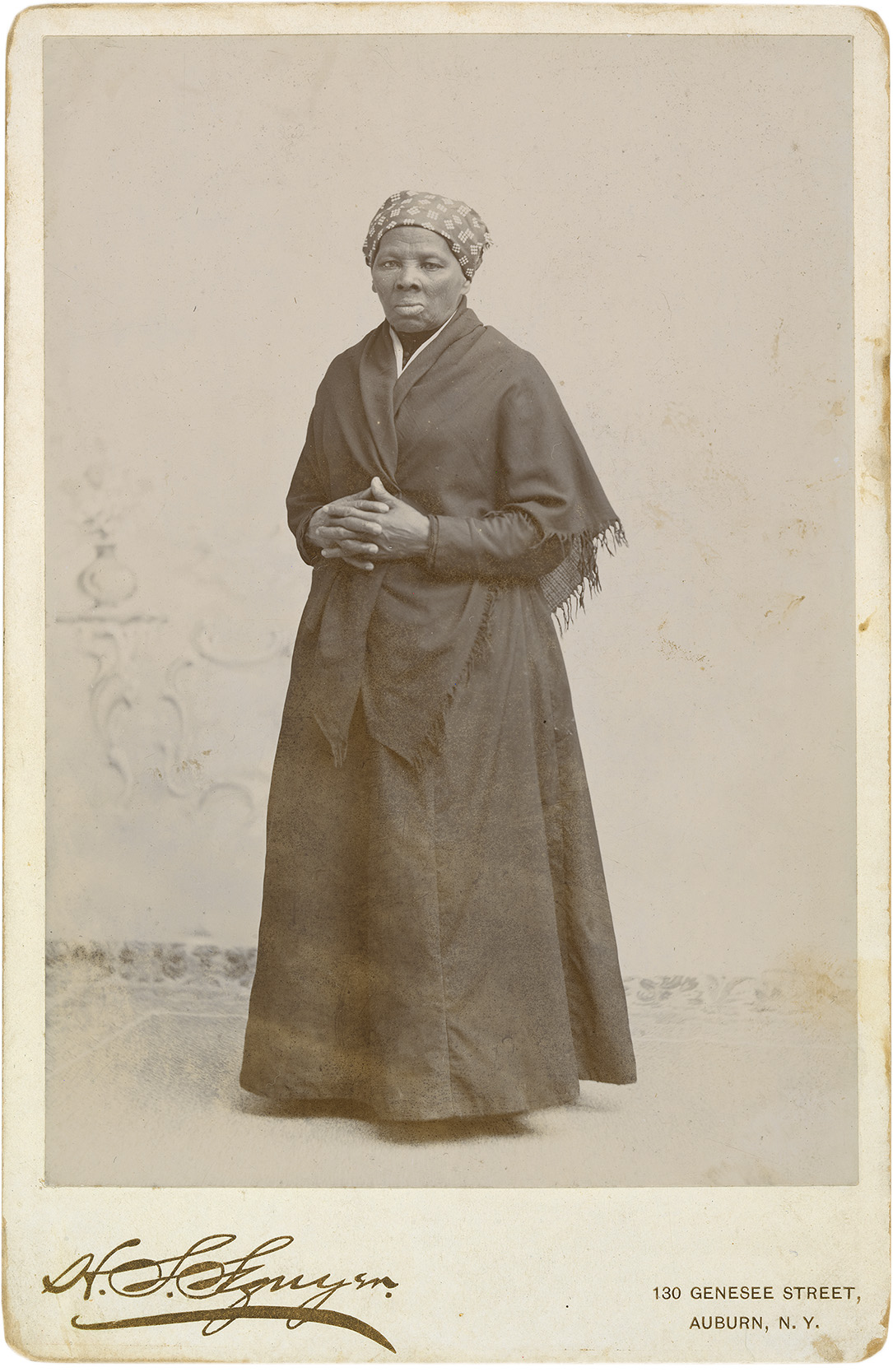
Tiya Miles’ Harriet Tubman biography shines a light on her life beyond the Underground Railroad, including her “eco-spiritual” worldview.
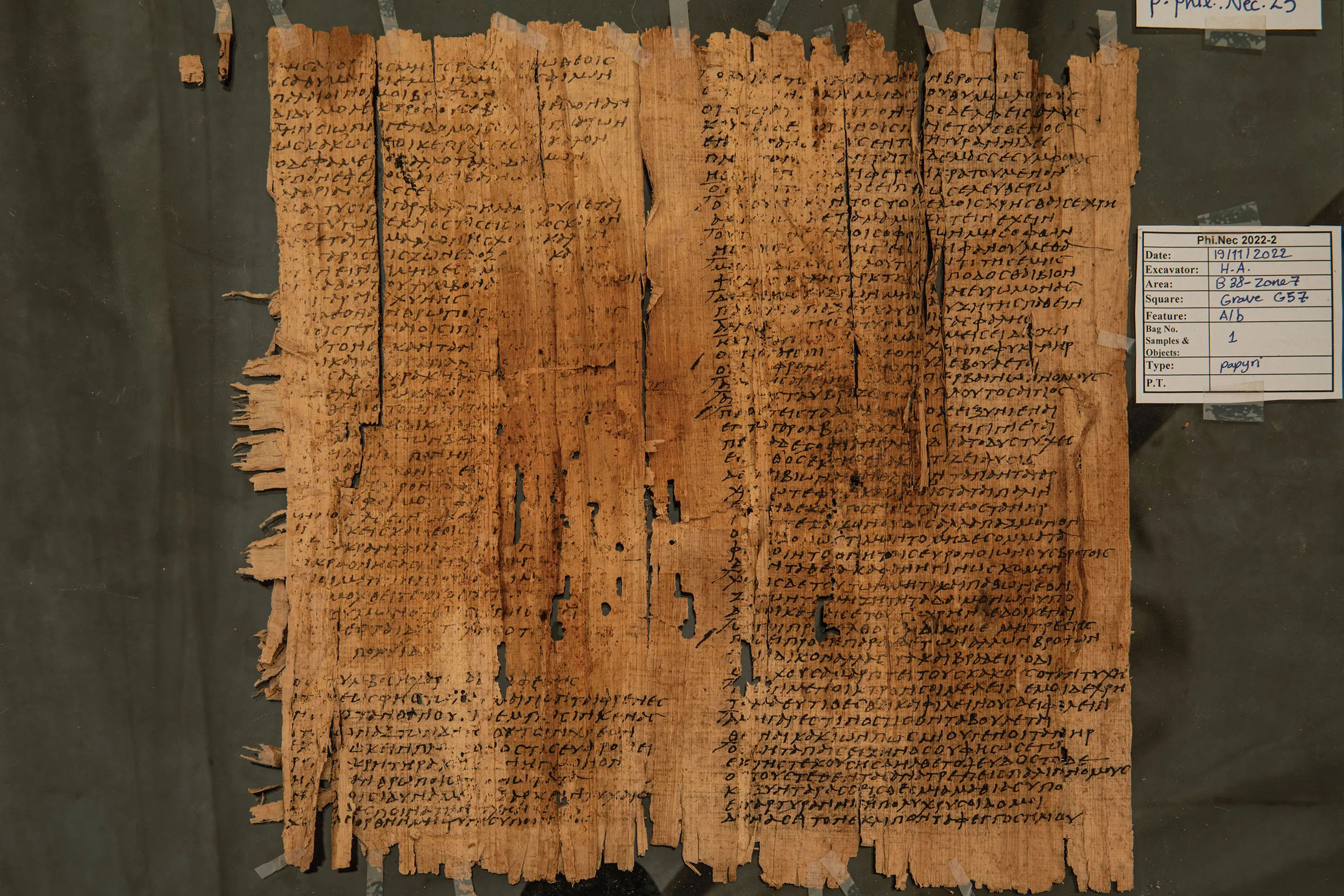
Two Harvard alums have identified and worked to decipher 97 lines from an unearthed papyrus containing lost scenes from third century Euripides’ plays.

Research suggests that fermentation, not fire, helped fuel our ancestors’ brain growth.
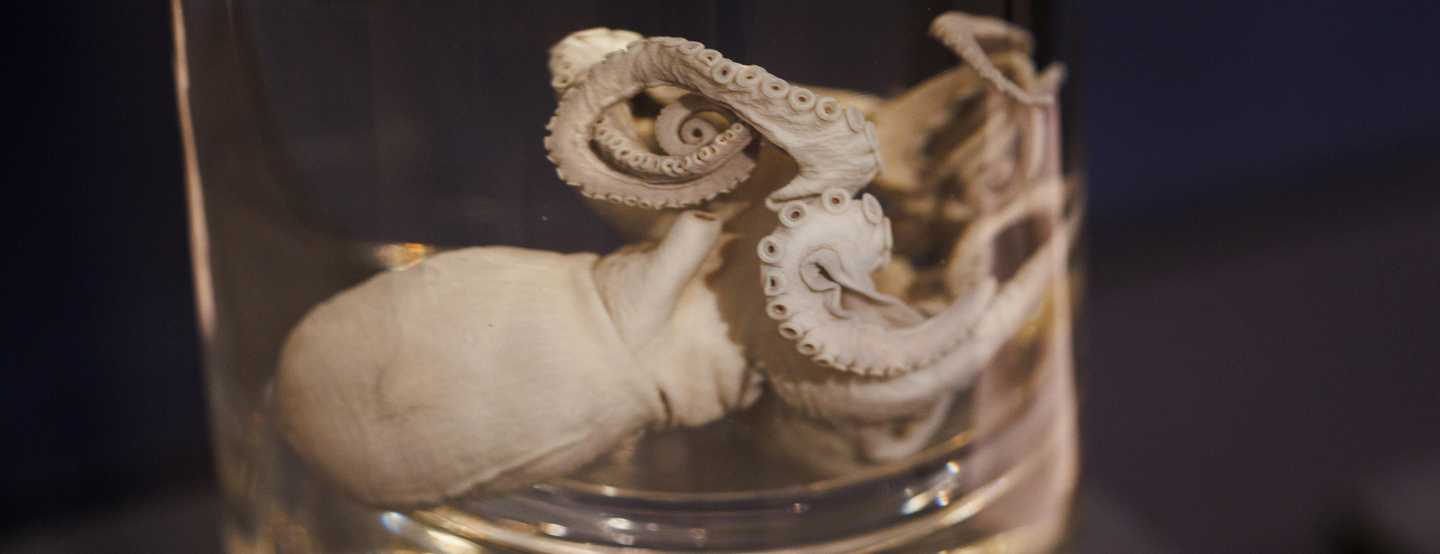
Harvard Museum of Natural History’s Sea Monsters exhibit showcases ancient mariners’ maps, literature, works of art, and specimens that highlight the truth and fantasies involved in the history of sea monsters.
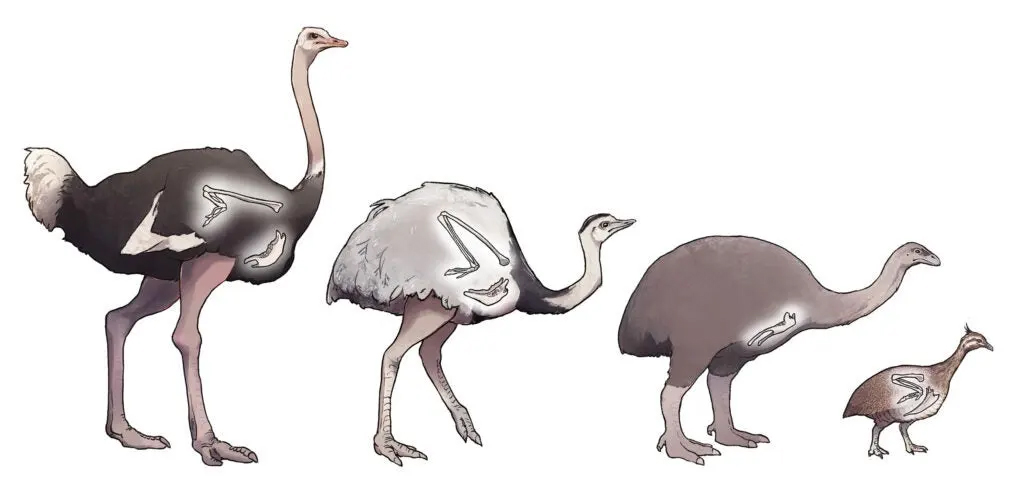
Scientists sequenced the genome of the bush moa, offering insights into the evolution of flightless birds
Answers to some curious questions
Harvard students and faculty members alike arrive on campus with many questions. Here are some of the (sometimes unexpected) answers.
Why do cats meow?
Cats meow at each other, so evolutionary biologist Jonathan Losos always viewed a cat meowing to him as a kind of compliment. But research shows that meowing may be a way to manipulate humans.
How old is too old to run?
Adam Tenford, a sports medicine physician who has logged plenty of miles, discusses how long the aging body can withstand a regular running regimen.
What happened when a giant meteorite hit Earth?
Billions of years ago, meteorites frequently pummeled the planet. One such space rock crashed down about 3.26 billion years ago, and it’s still revealing secrets about Earth’s past.
Why do some kids learn to talk earlier than others?
A global study by faculty member Elika Bergelson finds three key predictors of language development.
Is losing an hour of sleep really a big deal?
Neurologist Elizabeth Klerman explains what losing an hour of sleep means each spring for Daylight Saving time, and also discusses getting enough sleep.
Is Taylor Swift the Wordsworth of our time?
A spring semester English class studied the pop star’s lyrics alongside classic literature. Students examined themes of fan and celebrity culture, whiteness, adolescence, and adulthood.
On our campus
All year long, our campus has been home to amazing events and exhibits.
You may also like









